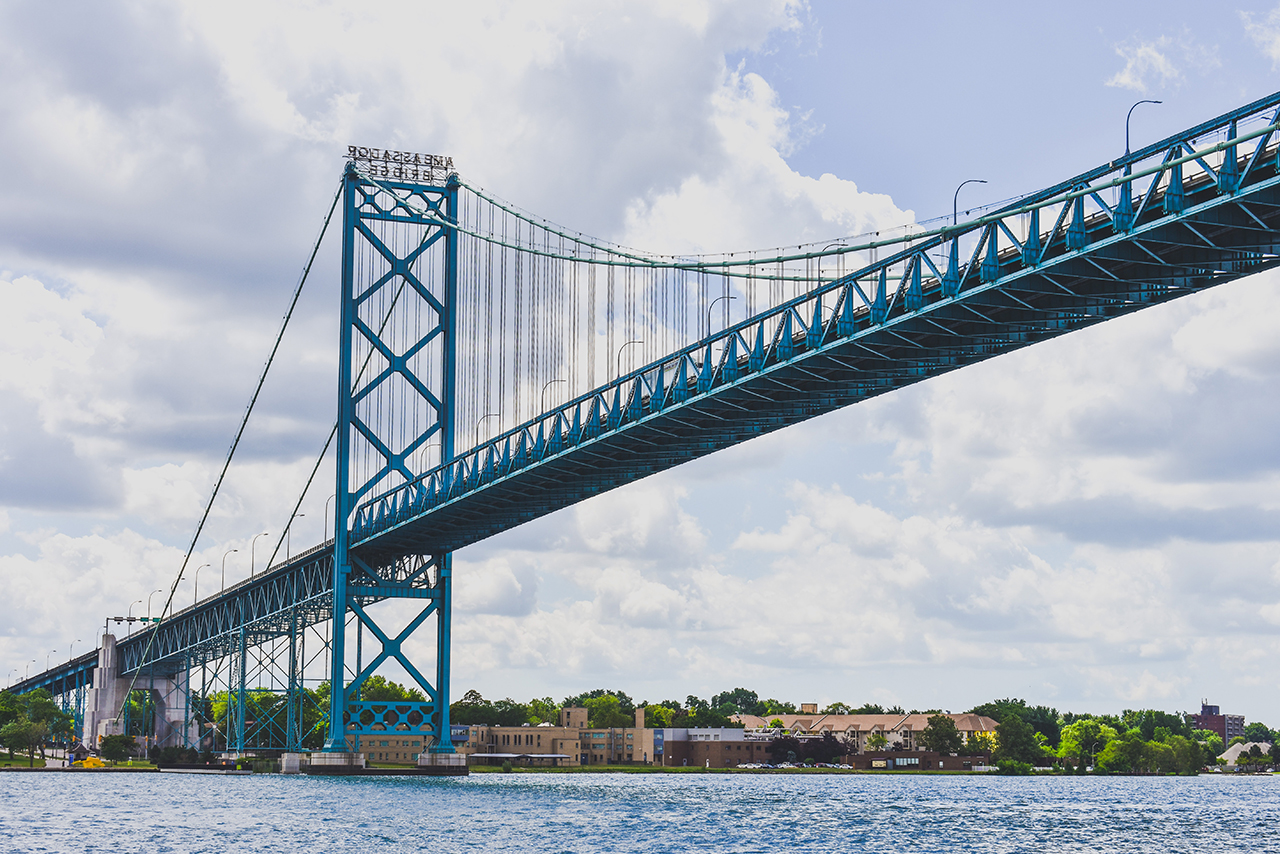Overturn of Roe v. Wade will affect both sides of U.S.-Canadian border
Canada will allow Americans to seek abortions, but the person seeking the procedure may face financial barriers like travel and accommodation costs.

The U.S. Supreme Court’s decision to end the precedent of Roe v. Wade and make the availability of abortions fall under state control — instead of being a constitutional right — will affect women’s health issues across North America.
Since 1988, abortions have been safe and legal in Canada following the Supreme Court of Canada’s decision in R. v Morgentaler. The ruling said the country’s anti-abortion law violated a woman’s right to “life, liberty and security of the person.”
There are no such protections in the U.S.
Kelly Bowden is the director of policy and advocacy for Action Canada, a sexual health and women’s rights advocacy group. She says from a legal perspective abortion is treated differently in Canada, but there are still challenges ahead.
“In Canada, [abortion] is enshrined as a medical service through the Canada Health Act,” Bowden says. “So we have universal insured health coverage here in Canada, and abortion access and abortion procedures are a part of that health care system in the same way that a knee surgery or a hip surgery would be. So it’s completely legal. And it’s something that anyone who is entitled to health care in the country is entitled to access.”
Listen: How abortion providers in Canada are responding to the overturning of Roe v. Wade.
Russ McNamara, WDET News: Are there enough clinics to aid Canadians who want to get an abortion right now?
Infrastructure continues to be one of the barriers to access. Neither your postal code here in Canada, your zip code, or your financial status should determine your access to abortion services, but in fact, they currently are. The majority of clinics are for hospital-based service providers are in large urban centers here in Canada. And we have big portions of rural populations across the country. And so if you think about somebody who needs access to surgical abortion, and is living in a more remote area, they may need to be traveling, you know, 50 or 100, 200 kilometers to get to a point of service. And so while the procedure may itself be covered in cost, the cost of travel, of accommodation, of taking time off from work, or potentially having to pay someone to care for dependents are all significant financial barriers to accessing service.
[Ed. Note: Michigan has been a common spot for women in Windsor-Essex, Ontario, to come for an abortion. The closest facility to Windsor is in the Greater Toronto

area. The number of abortions provided in Michigan for Canadian women is not known.]
Are Action Canada and abortion care providers preparing for an influx of Americans who need to travel to seek abortions?
We’ll be monitoring this situation closely with our colleagues in the U.S. In Canada we run both an emergency abortion support fund and an access line to help people living in Canada navigate information as to how they can best access this service. And for Americans to travel over the border and access the service in Canada, it would be an uninsured cost for them. So people who would be traveling would be people who have a passport and have the financial means to undertake that process. The majority of people who have significant barriers to abortion access tend to be low income and precarious migration status. And so there’s a significant number of barriers for Americans to access the service generally, let alone to travel across the border to access the service. So we anticipate there’s a possibility that people will come. What that number will look like, is really hard to predict.
What’s the overall reaction to the overturning of Roe v. Wade by abortion providers and women’s health advocates in Canada?
It’s a huge setback, not only for women’s rights — not only for the right to choose — but it is a fundamental attack on all forms of human rights. And in Canada, we’ve been very clear that while we’re legally entitled to this service, that anti-choice organizing is happening across borders around the world. [Plus] there’s a huge amount of abortion disinformation being spread online. And so Canadian organizations are working together and speaking out quite clearly that this is a service or right that everyone is entitled to, and that we need to stand strong to protect and defend that.
Photo credit: Wikimedia Commons
Trusted, accurate, up-to-date.
WDET strives to make our journalism accessible to everyone. As a public media institution, we maintain our journalistic integrity through independent support from readers like you. If you value WDET as your source of news, music and conversation, please make a gift today.

